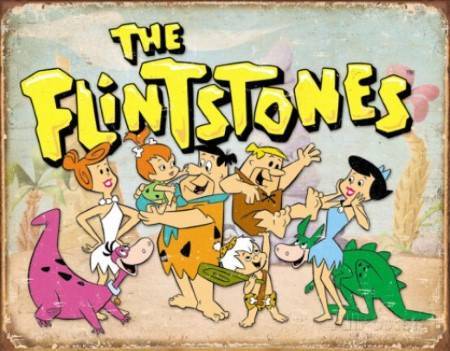How India Needs To Tackle Illegal Gambling

Two instances of illegal gambling activity in India have brought market legalisation back to the forefront of the national discussion.
Acting on a tip-off, local law enforcement stormed into an illegal gambling den in Hyderabad to make 13 arrests and seize Rs. 1,38,760 in cash, 14 mobile phones, and all playing cards.
Elsewhere, a father and a son in the Tiljala Hanuman Mandir area were victims of what appeared to be an assassination attempt by an influential figure from a local illegal gambling ring. The duo survived a gunshot and knife attack, which was said to be in response to them both signing their names to a petition calling for the closure of the ring.
Both victims were rushed to the hospital but are reported to be in a stable condition.
India At Gambling Crossroads
Both stories are alarming but provide more weight behind the argument to supply appropriate nationwide regulation, taking power away from illegal betting rings and placing it in the state’s hands.
Proponents of complete and comprehensive legislation suggest legalising gambling will help in a number of ways – the foremost being as follows:
- Better use of police resources.
- Reduction of violent crime.
- Less extortion among more vulnerable sectors of society.
Recent high court judgements suggest a slow shift in the attitude towards online gaming. Still, there appears a long way to go before communities can enjoy complete protection from a national gambling authority.
Why Over Moralising Is Tying The Government’s Hands Behind Its Back
A recent study suggests that the number of online gamers in 2020 was at 400 million – that number is pencilled to grow exponentially by 2025. A 2021 report from Deloitte India suggests online gambling in India is now worth $2.8 billion.
It is clear that the law, in its current form, is having a negligible effect on controlling gambling. Many experts argue for India to embrace the industry to reap the societal and financial benefits seen in comparable markets worldwide.
A recent article by Firstpost points out: “There is a strong case for India to adopt a modern, robust and consistent legal framework to regulate the gaming and gambling industry, as opposed to the route of banning that the existing Indian regime adopts.”
“If lessons are learnt correctly from foreign jurisdictions, India could make use of technological advances such as the implementation of a biometric identification number (the Aadhaar) for linking consumers with an India specific self-exclusion website – such that users will then be easily excluded from excessively gambling or even being served advertisements related to such gambling activities.
“Perhaps the most lucrative reason is the economic windfall that such a regulation will signal. It is estimated that when foreign operators and domestic operators are forced to pay taxes for the money made on their websites, the revenue collection is likely to jump by many multiples.”
What Are Other Benefits To Legalising Gambling?
According to current estimates by a KPMG report, the illegal gambling industry in India is worth up to $130 billion.
A gambling authority mandated by the government wouldn’t just help cut crime, industry insiders argue, but also have material financial benefits too.
Examples of remedial advantages include job creation at a grassroots level and boosting the national economy by hundreds of billions of dollars through taxation.
There are other ways to protect consumers too! Sensible, responsible gambling policies are the hallmark of most major international gaming authorities – failure by the best betting sites in India to provide adequate care to their customers can lead to a suspension of their licenses.
All online banking methods at licensed online cricket betting, sports betting, and casino sites must meet the strictest security protocols to ensure maximum consumer protection – it’s clear these requirements do not exist in the black market.
How Can India Adopt Change?
A uniform, government-led approach is the best way to tackle the abovementioned issues. The current nationwide law – the Public Gambling Act, 1867 – is open to interpretation, and local governments in India have made it work as they see fit, not necessarily in the consumer’s interest.
As the Firstpost article surmises: “the gaming and gambling industry ends up having to contend with a highly fragmented regulatory approach, coupled with an otherwise archaic and moralistic notion of gambling. We see growth in this industry not because of the Indian regulatory landscape, but despite it.”



































